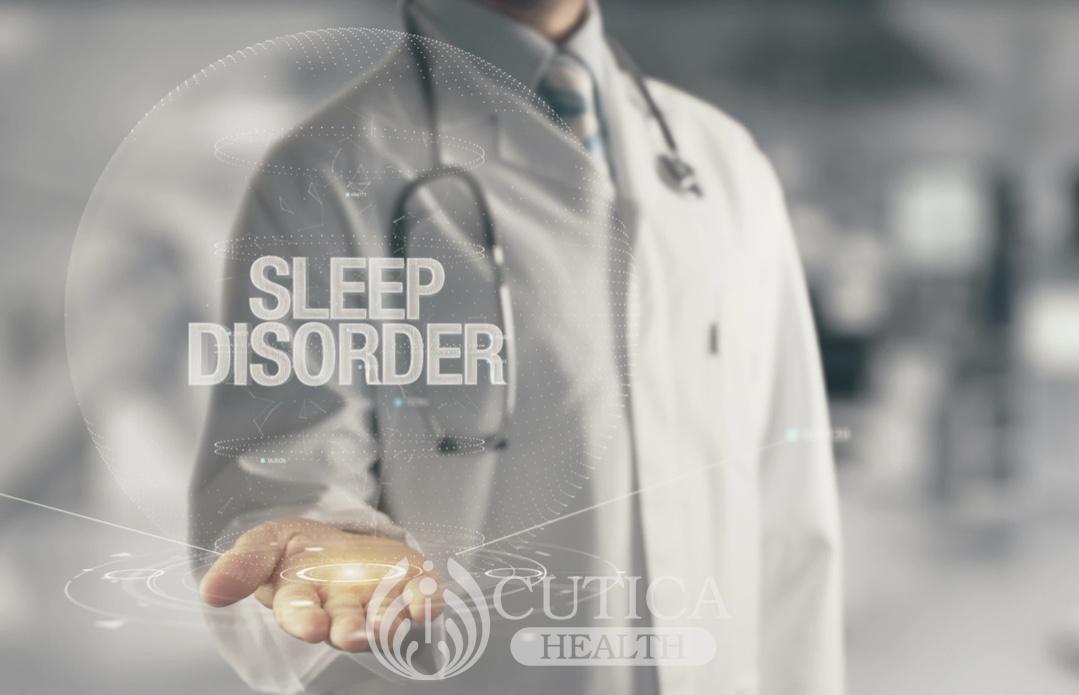
We all feel sad or down sometimes, but depression is different. Depression is a kind of sadness that cannot be easily shaken off or worked through. Major depressive disorder (MDD) is the term doctors use to describe mental health disorder that affects one's mood and behaviour.
What symptoms should you watch out for?
These symptoms must be present before a diagnosis of Major Depressive Disorder can be made:
- A change in one's previous functioning
- Depressed mood and/or loss of pleasure or interest in previous enjoyable activities

These symptoms must be present for 2 weeks or more and either depressed mood or loss of pleasure must be one of the symptoms.
5 or more of these symptoms must also be present:
- Feeling sad or irritable for the majority of the day, nearly every day.
- Sleep difficulties that manifests as trouble falling asleep or staying awake.
- Weight gain or weight loss
- Feelings of guilt and worthlessness
- Change in appetite, which can be reduced appetite or increased cravings
- Loss of energy and feelings of tiredness
- Difficulty concentrating and impaired decision making
- Slowed thoughts and body movements
- Suicidal thoughts
Clinical depression is often severe enough to affect one's daily activities such as schooling, work, general self-care, social activities as well as relationships with other people.
What causes Major Depressive Disorder?
MDD has no single cause; scientists have identified a number of factors that may contribute to the development of this disorder. They include:
- Family history: having a blood relative with depression or bipolar disorder.
- Medical history of other mental health conditions such as eating disorders, anxiety disorders, or post-traumatic stress disorder (PTSD).
- Medical conditions such as cancer, chronic pain, heart disease, and hypothyroidism
- Life events such as physical, sexual or emotional abuse, rape, death of a loved one, financial crisis, social isolation and neglect, major life changes such as moving to a new country or retirement
- Alcohol and substance abuse
- Being a woman: twice as many women suffer from MDD than men. Hormonal changes during pregnancy, menstruation, puberty, and menopause are a possible reason.
How is it treated?
Clinical depression is often treated with medication, psychotherapy, or a combination of both. 
Medication: doctors often prescribe medications that help to alter the levels of brain chemicals such as serotonin (regulates mood and sleep.) Selective serotonin reuptake inhibitors (SSRIs) such as fluoxetine help to increase levels of serotonin in the brain and have relatively few side effects. Pregnant women and nursing mothers should always seek out medical approval before using antidepressants.
Psychotherapy: this is also known as talk therapy. The individual has regular sessions with a licensed therapist who can help them overcome or manage their symptoms. Psychotherapy can help with pinpointing major points of tension in one's life, improve problem-solving skills, and build self-esteem.
If medication and therapy do not yield effective results, electroconvulsive therapy, also called ECT or shock therapy is used.
Lifestyle changes may also have a positive impact. Changing one's diet, exercising more, avoiding alcohol and psychoactive substances may have a positive impact.
Conclusion
Some people may deal with one episode of Major Depressive Disorder, but it might be lifelong for others. Regardless of the situation, MDD can be managed to enable the individual live a full, happy life.












